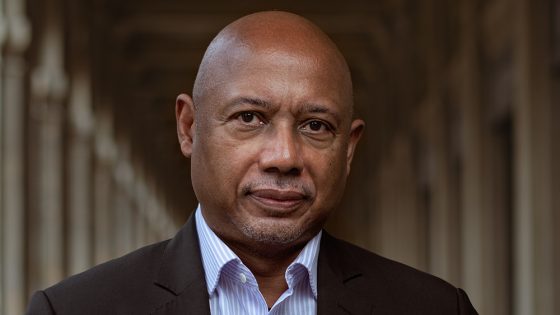DUBAI (Reuters) -Iran could review its “nuclear doctrine” following Israeli threats, a senior Iranian Revolutionary Guards commander said on Thursday, raising concerns about Tehran’s nuclear programme which it has always said was strictly for peaceful purposes.
Israel has said it will retaliate against Iran’s April 13 missile and drone attack, which Tehran says was carried out in response to a suspected Israeli strike on its embassy compound in Damascus earlier this month.
“The threats of the Zionist regime (Israel) against Iran’s nuclear facilities make it possible to review our nuclear doctrine and deviate from our previous considerations,” Ahmad Haghtalab, the Guards commander in charge of nuclear security, was quoted as saying by the semi-official Tasnim news agency.
Iran’s Supreme Leader, Ayatollah Ali Khamenei, has the last say on Tehran’s nuclear programme, which the West suspects has military purposes.
In 2021, Iran’s then-intelligence minister said Western pressure could push Tehran to seek nuclear weapons, the development of which Khamenei banned in a fatwa, or religious decree, in the early 2000s.
“Building and stockpiling nuclear bombs is wrong and using it is haram (religiously forbidden) … Although we have nuclear technology, Iran has firmly avoided it,” Khamenei reiterated in 2019.
Iran’s foreign ministry did not immediately respond to a Reuters request for comment.
“If the Zionist regime wants to take action against our nuclear centres and facilities, we will surely and categorically reciprocate with advanced missiles against their own nuclear sites,” Haghtalab said.
Indirect talks between Tehran and Washington to revive Iran’s 2015 nuclear pact has stalled since 2022. The accord, aimed at keeping Iran from developing a nuclear weapon, required Tehran to accept restrictions on its nuclear program and more extensive United Nations’ inspections, in exchange for an end to U.N., European Union and U.S. sanctions.
The deal, which had capped Iran’s uranium enrichment at 3.67%, was abandoned in 2018 by then-U.S. President Donald Trump, who said it was too generous to Tehran.
Rafael Grossi, the head of the U.N. nuclear watchdog, said in February that Iran continued to enrich uranium at rates up to 60% purity, which is far beyond the needs for commercial nuclear use.
(Reporting by Dubai Newsroom, editing by Edmund Blair, Alex Richardson and Timothy Heritage)
Source Agencies



